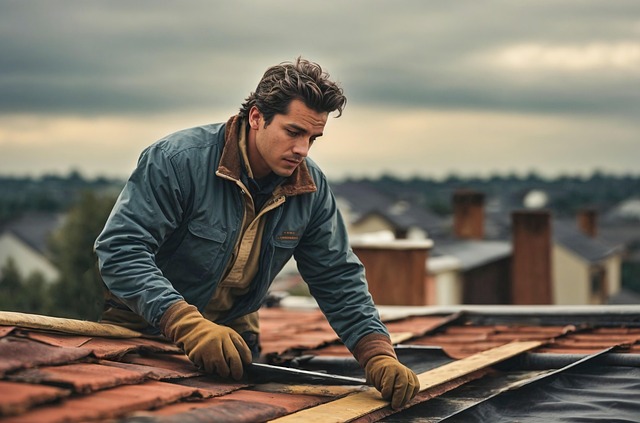Modern central heating systems offer even warmth via pipes/ducts, zone control, and energy-efficient tech like in-floor or radiant ceiling heating. Forced air systems require prompt professional maintenance for safety, efficiency, and uninterrupted comfort. Hydronic heating uses radiant heat transfer through pipes, minimizing cold spots. Electric heating is convenient, low-maintenance, and sustainable with precise temperature control. Geothermal systems leverage Earth's internal temp for efficient residential/commercial heating & cooling. Regular heating system repair prevention includes maintaining air filters, addressing water heating issues, and annual professional servicing.
Looking to optimize your home’s comfort and energy efficiency? Understanding different heating systems is key. This comprehensive guide explores various options, from central heating’s comprehensive coverage to forced air’s ventilating comfort and hydronic’s radiant warmth. Discover electric’s convenience and geothermal’s earth-powered heat. Additionally, learn about common heating system repair issues and essential maintenance tips for a cozy, energy-smart home.
- Central Heating Systems: Efficient and Comprehensive Coverage
- Forced Air Heating: Ventilating Comfort Across Spaces
- Hydronic Heating: Radiant Warmth for Even Distribution
- Electric Heating: Convenient, Yet Energy-Efficient Options
- Geothermal Heating: Utilizing Earth's Constant Temperature
- Heating System Repair: Common Issues and Maintenance Tips
Central Heating Systems: Efficient and Comprehensive Coverage
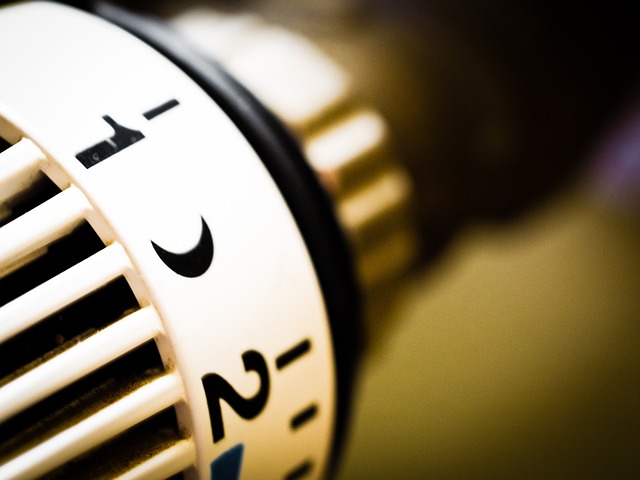
Central heating systems are designed to provide efficient and comprehensive coverage for warming an entire home or building. These systems distribute heat evenly through a network of pipes or ducts, ensuring every room benefits from consistent warmth. This is particularly advantageous compared to older methods where heat was often concentrated in specific areas, leaving some rooms colder than others.
Modern central heating systems can be easily controlled and regulated, allowing homeowners to set desired temperatures for different zones within their homes. Moreover, they offer the flexibility to incorporate various heating methods, such as in-floor heating systems or radiant ceiling heating, ensuring a comfortable indoor environment while also considering energy efficiency and the potential to modernize your heat through the replacement of outdated heat pumps.
Forced Air Heating: Ventilating Comfort Across Spaces

Forced air heating systems are designed to distribute warm air evenly throughout a space, providing a comfortable and consistent temperature. This method utilizes a network of ducts and vents to circulate heated air, ensuring every corner of a building is reached. The benefits extend beyond temperature control; proper ventilation also improves indoor air quality by reducing humidity and removing contaminants.
When a forced air heating system requires repair or maintenance, it’s crucial to engage professional services promptly. Issues like gas line leaks, which can be addressed through a 24-hour emergency hotline, pose safety risks. Regular checks and timely repairs are essential to maintain energy efficiency and prevent more serious damage. Additionally, tankless water heater installations and replacing faulty heating components are key steps in optimizing the system’s performance and longevity, ensuring residents enjoy comfortable living or working environments without complications.
Hydronic Heating: Radiant Warmth for Even Distribution

Hydronic heating offers a unique approach to warmth distribution within homes and buildings. Unlike forced air systems that can leave cold spots, hydronic systems utilize radiant heat transfer through pipes, distributing warm water evenly throughout floors, walls, or ceilings. This method ensures consistent comfort by heating objects directly rather than the air, making it an energy-efficient option for both residential and commercial spaces.
When considering heating system repair or upgrade, many turn to mini split system installation or in-floor heating systems as modern alternatives. Hydronic systems provide a quiet operation, allowing for a peaceful environment, and their design flexibility enables customization to suit various architectural layouts. With the help of honest heating technicians, property owners can benefit from customizable temperature controls, enhanced indoor air quality, and reduced energy consumption, making hydronic heating a wise choice for those seeking efficient and comfortable living spaces.
Electric Heating: Convenient, Yet Energy-Efficient Options
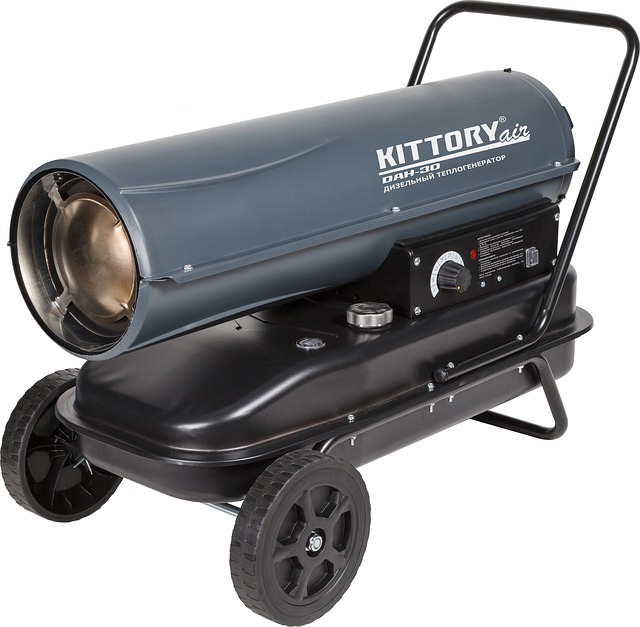
Electric heating offers a convenient and increasingly energy-efficient option for homes and businesses alike. Unlike traditional fossil fuel-based systems, electric heaters don’t require complex installation processes or ongoing maintenance, such as heating system repair. This makes them an attractive choice for those seeking simplicity and reduced operational costs. Modern electric furnaces and heat pumps are designed to optimize energy use, with intelligent thermostats that allow precise temperature control.
Furthermore, the integration of renewable energy sources with electric heating systems can significantly lower carbon footprints, making them a sustainable alternative. When troubleshooting or considering emergency heating fix, homeowners should remember that proper thermostat calibration is key to maintaining optimal efficiency. A well-calibrated thermostat ensures the system operates only when needed, maximizing energy savings and minimizing waste.
Geothermal Heating: Utilizing Earth's Constant Temperature
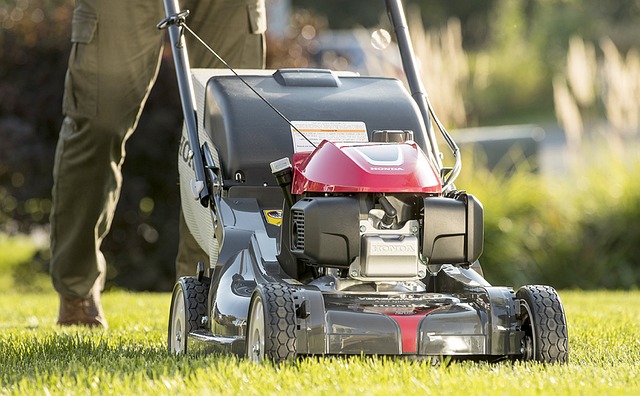
Geothermal heating systems harness the Earth’s constant internal temperature, offering a sustainable and efficient solution for residential and commercial spaces. Unlike traditional heating methods that rely on external fuel sources, geothermal systems utilize a network of pipes buried underground to extract or transfer heat. This process ensures a consistent and even warmth throughout the year, making it an eco-friendly option for those seeking long-term energy savings.
One of the key advantages is its ability to provide both heating and cooling, eliminating the need for separate units. Moreover, with advanced technology, these systems can be tailored to specific building requirements, offering comprehensive heating plans. In case of any issues or gas line leaks, a dedicated 24-hour emergency hotline ensures prompt repair services, guaranteeing optimal system performance and safety. This comprehensive approach, including fix ductless heating solutions, makes geothermal systems a reliable choice for residential heater services.
Heating System Repair: Common Issues and Maintenance Tips
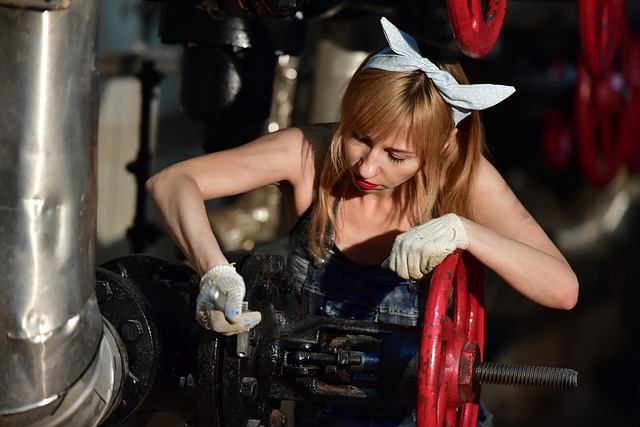
Heating system repair is a common concern for homeowners, as these systems are integral to maintaining comfort during chilly seasons. Common issues include inefficient heating, unusual noises, and sudden shutdowns or start-ups. Regular maintenance can prevent or mitigate these problems. One key tip is to keep air filters clean; dirty filters restrict airflow, reducing system efficiency and potentially causing damage.
Another crucial aspect is addressing water heating problems promptly. Whether it’s an old tank that needs replacing or issues with a luxury underfloor heating system in a green building, regular inspection and timely repairs are vital. For traditional furnaces, annual servicing by professionals can ensure optimal performance and longevity, preventing breakdowns during extreme weather conditions.
When selecting a heating system, understanding the unique benefits of each type is essential. Central heating offers comprehensive coverage, while forced air provides consistent comfort throughout spaces. Hydronic heating’s radiant warmth ensures even temperature distribution, and electric systems offer energy efficiency and convenience. Geothermal heating leverages Earth’s constant temperature for sustainable results. Regular maintenance, including prompt addressing of any issues through expert heating system repair, is vital to ensure optimal performance and longevity of these systems.
